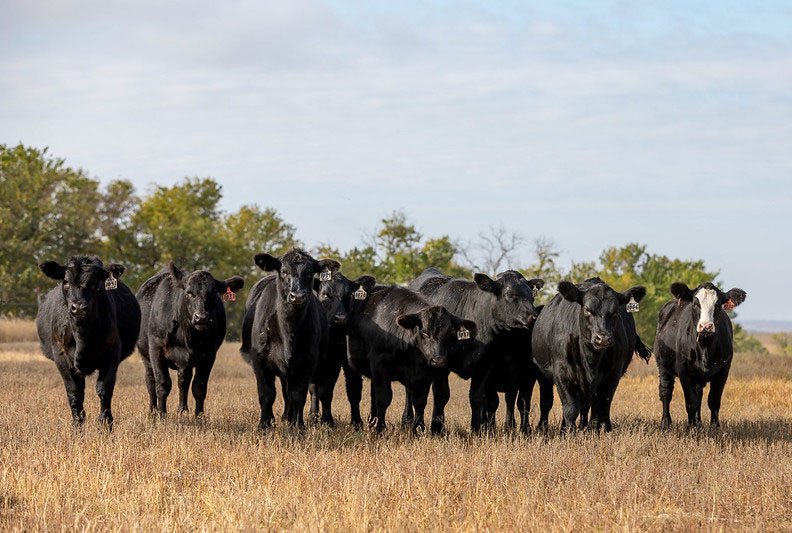By Lisa Moser
K-State Research and Extension news service
MANHATTAN — Two challenges in retail businesses are anticipating demand and understanding consumers’ buying preferences. To help define customer preferences, many business owners turn to client surveys to guide their decision-making.
With respect to consumers’ directives for beef producers, Kansas State University agricultural economists recently surveyed people across the country to see what is of the greatest importance to them in making decisions about buying retail beef.
“The four factors that consumers consistently rank at the top are product freshness, price, flavor and safety,” K-Stsate ag economist Ted Schroeder said on a recent Cattle Chat podcast. “Consumers just expect that the beef they purchase will have these qualities.”
Having a consistent demand for beef aligns with the industry’s goal of economic sustainability, said Phillip Lancaster, K-State beef cattle nutritionist and sustainability expert for the university’s Beef Cattle Institute.
“From a beef industry perspective, we categorize sustainability in three pillars — economic, social and environmental,” Lancaster said.
He defined economic sustainability as profitability at the ranch level, while social sustainability relates to the public’s perception of how beef producers care for the animals. Environmental sustainability encompasses soil health, water quality and greenhouse gas emissions.
“From a beef production standpoint, consumers rank animal welfare of greater importance when making purchasing decisions, over greenhouse gas concerns,” Schroeder said.
He added that it is important to remember that not all consumers rank their priorities the same way.
“Consumers are heterogeneous, meaning niche markets are present for even low-rank product attributes,” Schroeder said.
He also said that policymakers need to be cognizant of the costs associated with additional regulations relating to beef cattle production.
“We want to produce beef that is profitable, environmentally friendly, and socially acceptable, and those are all good things. But we have to be careful about imposing regulations on the industry to meet certain criteria because that will add cost, and we know that price is one of the biggest factors that drives consumer beef purchases,” Schroeder said.
To hear the full discussion, listen to the Cattle Chat podcast online or through your preferred streaming platform.





